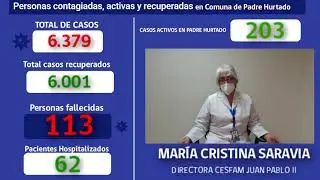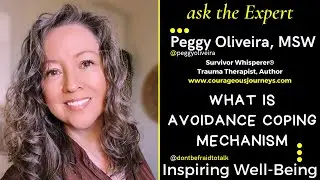Minimisation – Making our Experience Smaller
Minimisation is a coping mechanism that involves downplaying or making excuses for the significance of a particular experience or feeling. It often involves making statements like "it's not that bad" or "it could have been worse." This coping mechanism serves a purpose in helping individuals cope with difficult situations, especially in childhood trauma. However, it can lead to minimizing the impact of the experience and avoiding addressing the underlying issues.
Peggy, the guest in the podcast episode, highlighted how minimisation can manifest in various ways, such as rationalizing that the trauma wasn't severe or comparing one's experience to others to diminish its significance. She emphasized that minimisation can lead to feelings of shame and self-blame, as individuals may struggle to acknowledge the true impact of their experiences.
To overcome minimisation, Peggy suggested the importance of awareness and intentional practice. By recognizing when one is minimizing their experiences and actively working to address and heal the underlying issues, individuals can gradually shift away from this coping mechanism. The process may involve reflecting on past behaviours, acknowledging the true impact of the experiences, and practicing new ways of coping that are healthier and more constructive. Through consistent effort and self-awareness, individuals can gradually reduce the tendency to minimize their experiences and emotions.
Key Points:
⚠️ Minimization is a coping mechanism that makes our traumatic experiences seem less significant.
💔 Minimizing our trauma can prevent us from acknowledging its impact and seeking necessary support.
🎭 Minimization allows us to continue attachments with people who have hurt us.
⌛️ These coping mechanisms continue throughout our lives, leading to similar patterns in future relationships and situations.
🧠 Understanding and addressing minimization is crucial for healing from childhood trauma.



















